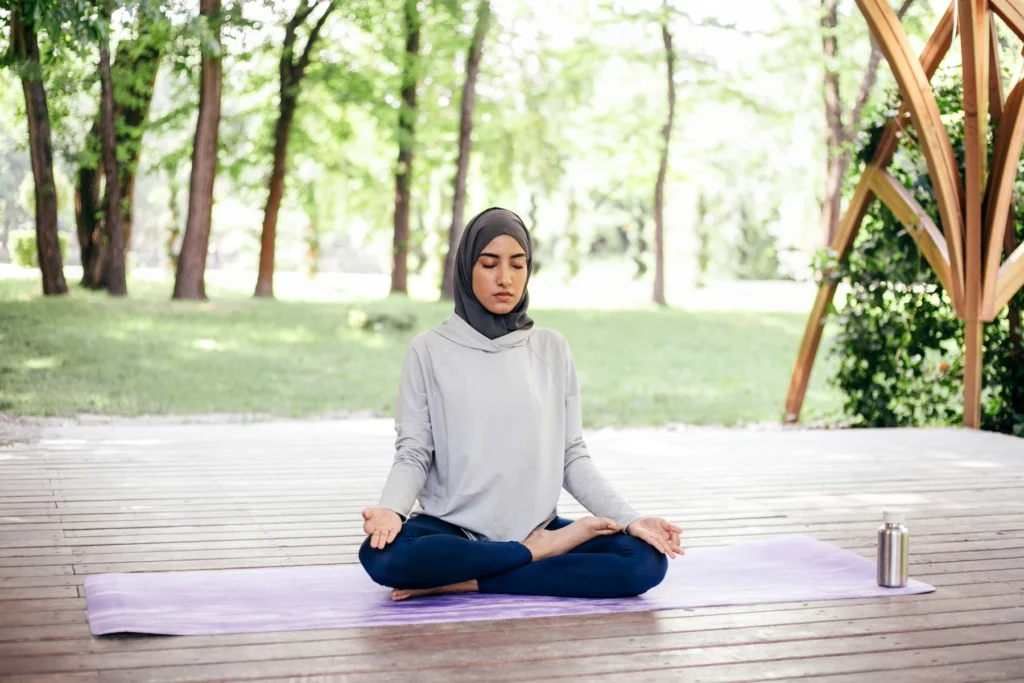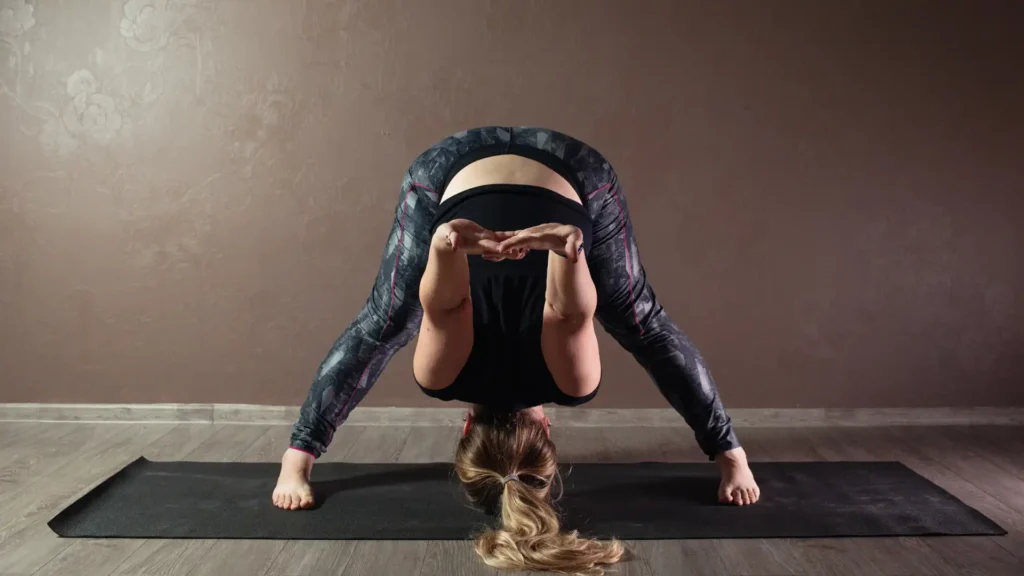
Meditation’s Dark Side: When Mindfulness May Not Be Helping

I’ve spent a lot of time meditating. I was consistent, practicing 10 minutes daily, attending weekly meditation classes, and listening to sound-bath meditations. But despite all this, by the end of 2020, I was still struggling with sleep issues and constant anger. I found myself frequently snapping at people—the car in front of me, the credit-card company, even my kids and husband. The calm I expected from meditation was nowhere to be found.
The Problem with Sitting Still

“Sometimes sitting in stillness can let your anxious thoughts swirl,” my therapist gently pointed out. She suggested I try switching up my routine, replacing sitting meditations with activities like running, walking my dog, or journaling. At first, this felt counterintuitive, but it turned out to be exactly what I needed.
Is Meditation Making Things Worse?

Recent research suggests that meditation, despite its many benefits, can have negative effects on some individuals. In a study published in Psychotherapy Research, participants reported increased anxiety, emotional sensitivity, and even reliving traumatic memories during meditation. Some people experienced panic attacks or overwhelming terror, and a quarter of meditators in a 2019 study experienced adverse reactions.
It was concerning to learn that these reactions were so common that Brown University created a center, Cheetah House, specifically to support people who have had negative experiences with meditation. Could my meditation practice be making my symptoms worse instead of better?
The Rise of Mindfulness Meditation

I’m certainly not the only one who has turned to mindfulness practices to feel more centered. According to the National Center for Complementary and Integrative Health, meditation practices tripled from 2012 to 2017, and in April 2020, over 4 million people downloaded mental-wellness apps. In many cases, meditation and mindfulness can significantly reduce anxiety and depression.
But here’s the catch: mindfulness and meditation aren’t a one-size-fits-all solution.
As Ann Bortz, a yoga teacher and clinical psychologist, points out, “Meditation and mindfulness practices can regulate the nervous system.” While the research supports the benefits of mindfulness meditation—such as improving sleep, memory, attention span, and even helping with pain management—there’s a catch. Not everyone benefits from these practices in the same way.
Mindfulness and Meditation: What’s the Difference?

Although “mindfulness” and “meditation” are often used interchangeably, they’re not quite the same thing. Meditation refers to a formal practice of sitting still and training your attention. It has ancient roots in many religions, including Buddhism and Hinduism, and includes techniques like breath awareness, body scanning, and chanting.
On the other hand, mindfulness refers to the practice of being fully aware and present in the moment. It involves observing your thoughts and emotions without judgment, which can be applied to any activity—walking, eating, or even talking. Mindfulness meditation is the combination of these two concepts, where you sit in stillness and observe your thoughts and feelings with a nonjudgmental awareness.
While mindfulness meditation became widely popular in the West through Jon Kabat-Zinn’s Mindfulness-Based Stress Reduction (MBSR) programs, it’s important to acknowledge that it’s not always a panacea. For some, it may even be counterproductive.
A Trigger for Trauma

The downside of mindfulness meditation is often underreported. Research has shown that 87% of participants experienced at least one adverse event during meditation, with anxiety being the most common. In some cases, people have reported panic attacks, depression, and feelings of detachment.
When you sit still and observe your thoughts, you may unintentionally encounter painful memories or feelings, which can trigger emotional distress or even worsen existing trauma. This is particularly true for those with unresolved trauma, PTSD, or anxiety.
Jenna Hollenstein, a meditation teacher, explains, “When we step into a space of silence, traumatic memories or painful feelings are all there.” This process can be overwhelming for some, especially if they don’t have the tools to process these emotions. The problem is particularly prevalent among beginners or those with a painful past.
When Meditation Becomes Too Much

Some individuals are more prone to negative reactions from meditation. Studies show that younger people, people of color, and individuals from marginalized communities may experience more adverse effects. This is due to the emotional and psychological toll of their lived experiences.
Dan Lawton, an experienced mindfulness teacher, shares his own harrowing story of a panic attack during a 14-day meditation retreat. After the experience, he felt disconnected, despite meditating for years.
Though meditation can be beneficial, some people may experience breakdowns, panic, or even worsening trauma symptoms.
Recognizing the Warning Signs

During a meditation session, you should ideally feel calm, centered, and focused. However, if you experience tension in your limbs, rapid breathing, anxiety, or anger, these are signs of emotional dysregulation. This indicates that you may be experiencing more than just physical discomfort—your emotions are in distress.
Bortz suggests that meditators should regularly check in with their emotional state during practice. If you experience discomfort or emotional distress, adjust your practice. For example, reduce the time spent meditating, or seek guidance from an experienced teacher.
When It’s Time to Step Away

It might seem counterproductive to quit meditation when it’s so widely praised, but if it’s not helping, there’s no shame in stepping away. Hollenstein notes, “You’re not a failure if your practice isn’t meeting your needs. You may just need another type of help.”
In my case, I stopped meditating and focused on therapy and antidepressants, which helped me recover from my symptoms. I returned to meditation months later when I felt ready to sit still and be present with myself, flaws and all.
Alternatives to Meditation
If meditation is not working for you, consider these alternatives:
- Journaling: Helps you process deep-seated emotions.
- Walking: Mindful walking is a great way to reconnect with your body and release stress.
- Music Therapy: Singing or playing music can reduce stress and improve your mood.
- Tai Chi: A slow-moving practice that relieves stress and enhances cognition.
- Running: Boosts serotonin and endorphins, which improve mood and memory.
- Yoga: If meditation feels too intense, yoga asana can help reduce stress and promote mental well-being.
Conclusion
While meditation has proven benefits for many people, it’s not for everyone. If you find yourself feeling worse after meditation, there’s no shame in stepping back. Everyone’s journey is unique, and there are plenty of other mindfulness practices that may suit you better. Trust your intuition, and seek what works best for your mind and body.